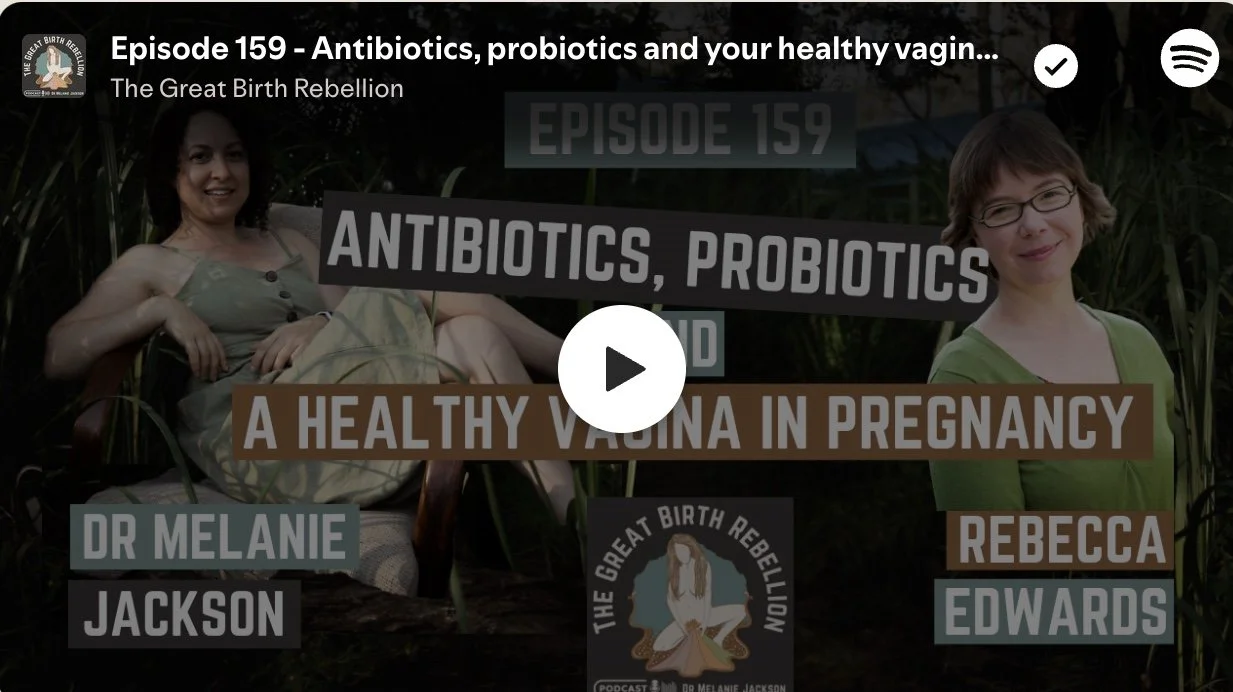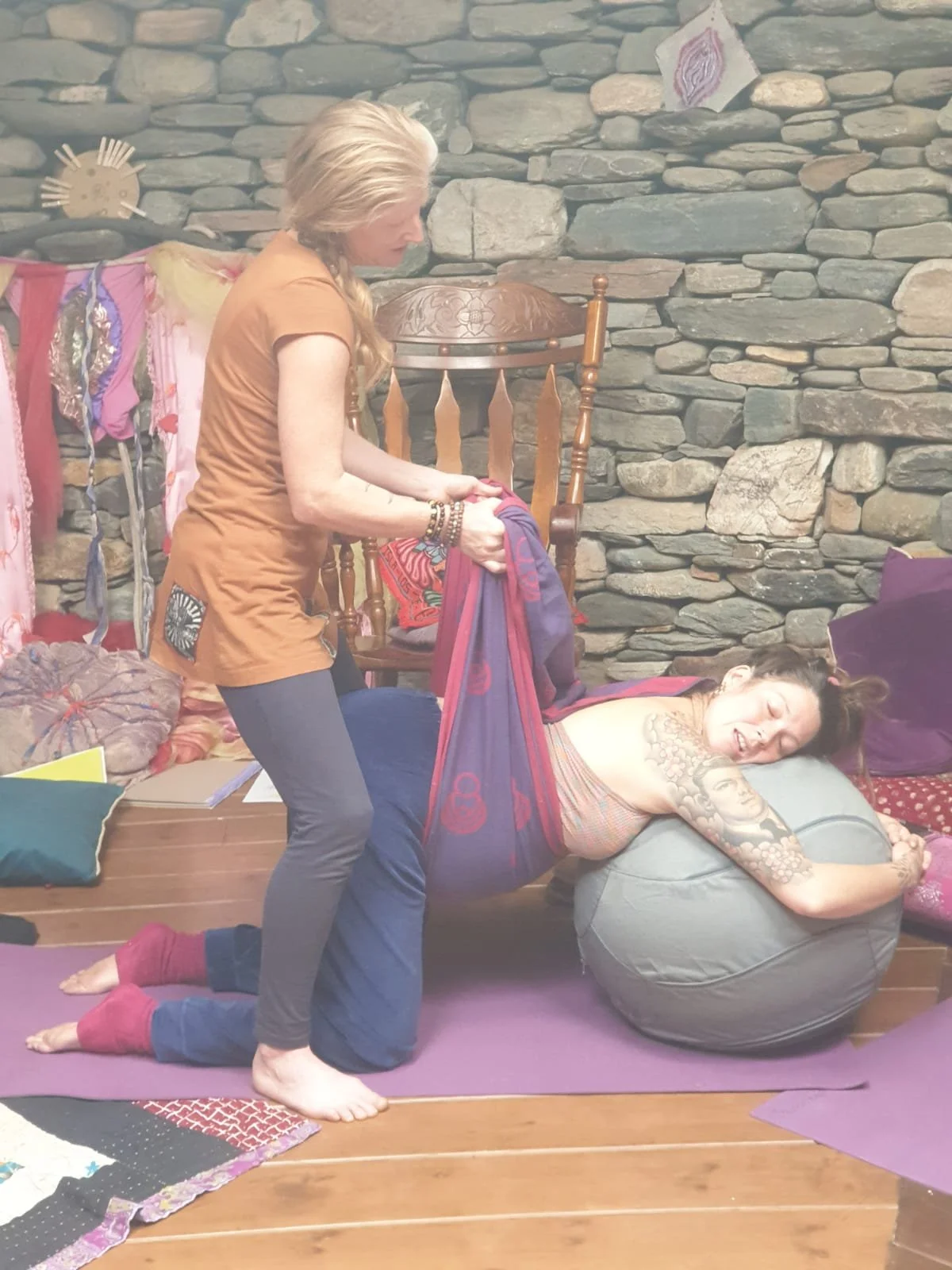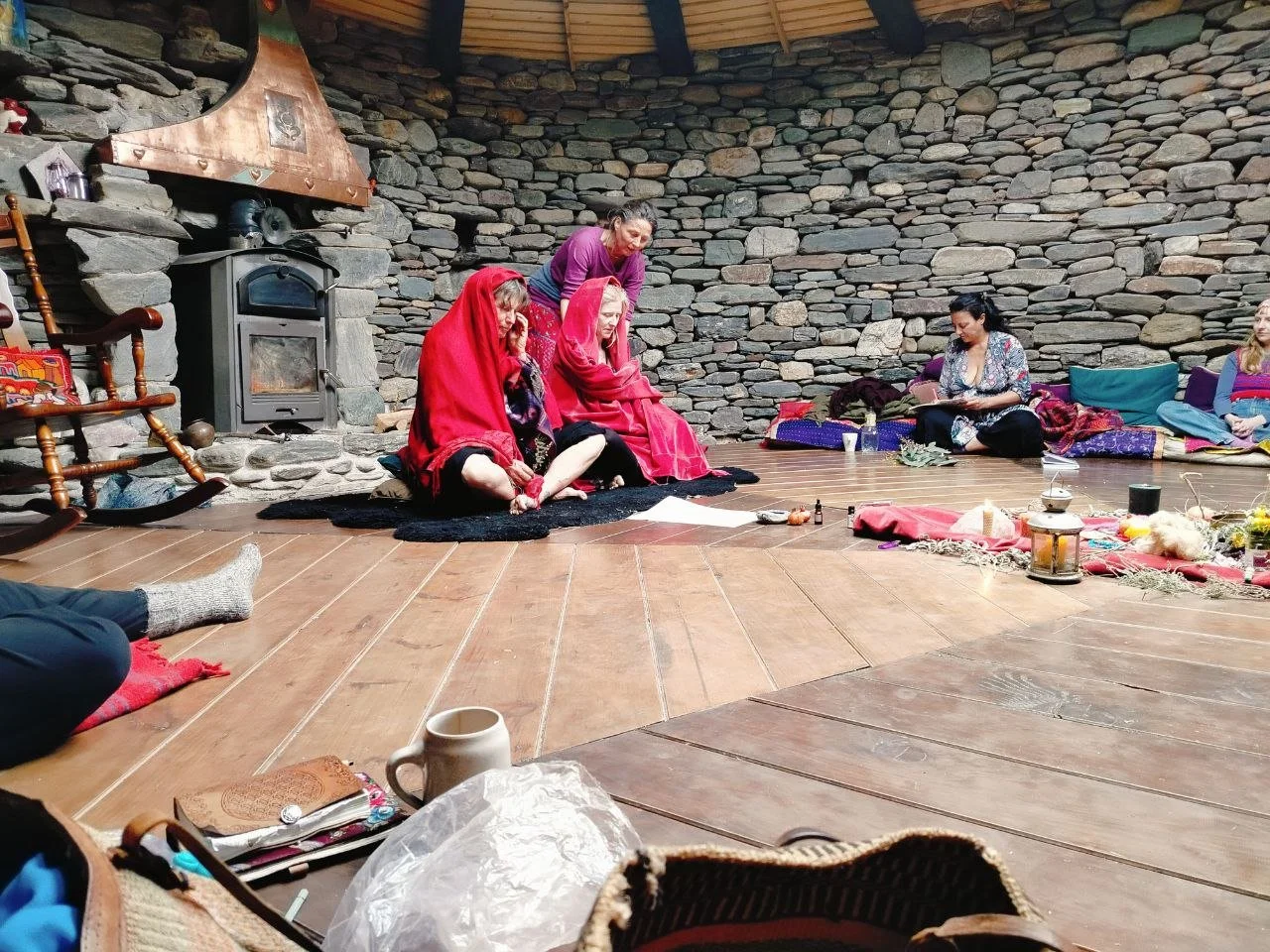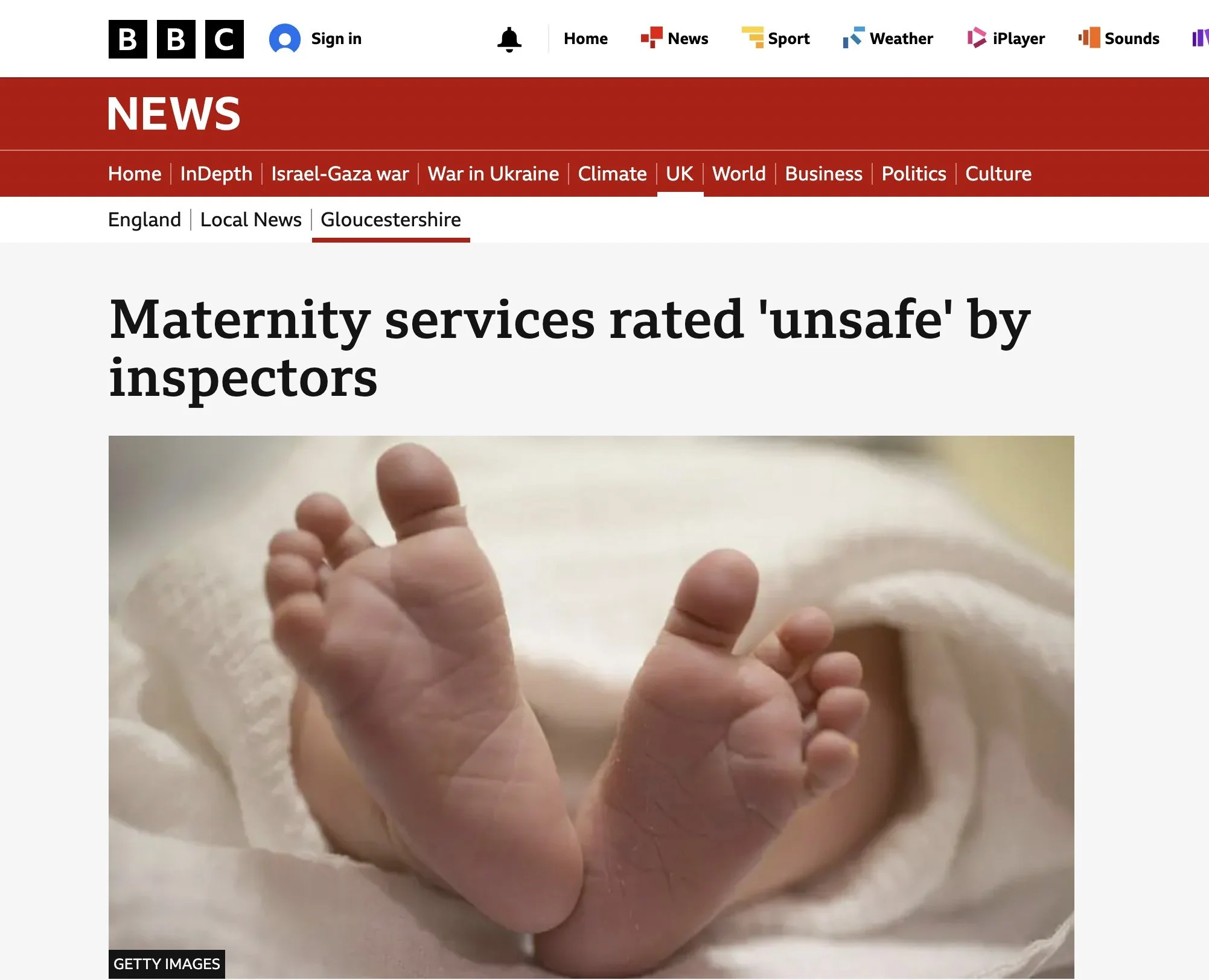Welcome to my Birth Info Collection
A space for women and families to feel informed, supported and inspired throughout pregnancy, birth and the early weeks of parenthood.
Here I share articles on everything from birth preparation, hormones and movement, to postnatal recovery, breastfeeding, emotional wellbeing, birth culture and birth in the news.
My aim is to make evidence-based information feel accessible and human
— blending science, body wisdom and years of experience supporting families as a Doula (
Birth Companion), teacher and massage therapist here in the Forest of Dean.
Take your time, explore what resonates, and if you’d like to work together,
you can find my latest classes and support options here.
The term “women” is used here in relation to biological sex.
I recognise and support people of diverse gender identities, and aim to include and welcome everyone with lived experience of pregnancy and birth
Graves’ Disease in Pregnancy and Newborn Babies
Graves’ disease is an autoimmune thyroid condition. Some women experience it earlier in life, are treated, recover well, and go on to have healthy pregnancies years later with no ongoing symptoms.
When Maternity Services Feel Unstable — What Women Can Do Now
With Gloucestershire’s home-birth service suspended and maternity wards under strain, many women are asking what to do next. This guide explores practical steps to restore calm and confidence — from nourishing your body and preparing intentionally for birth, to understanding your rights and creating your own continuity of care. Whether you choose to stay home, switch Trusts, or hire a doula or independent midwife, you do have options. Birth is powerful — and so are you.
⭐️ Free ⭐️ Birth Companion & Advocacy Support for POC, Vulnerable & Minority Communities in the Forest of Dean
Becoming a parent is a big moment — and everyone deserves support, safety, and respect. Each month, I’m offering one free Doula (Birth Companion) & Advocacy place for someone in the Forest of Dean from a minority or migrant community — such as Romanian, Indian, Polish, Zimbabwean, refugee/asylum-seeking and other under-represented families.
PAPP-A - Part 2, Placental Physiology, and the Science of Growth
This second part dives deeper into the science behind PAPP-A and the Insulin-Like Growth Factor system — exploring how placental enzymes, blood flow, and vascular growth interact throughout pregnancy.
Aimed at birthkeepers and midwives (but valuable for anyone curious), it unpacks the research, physiology, and evidence behind how lifestyle, nourishment, and calm continue to shape placental health long after the first trimester. 🌿
Low PAPP-A: What It Really Means and How to Support Your Placenta Naturally
Being told you have low PAPP-A can sound worrying, but it isn’t a diagnosis — it’s a marker of how your placenta is developing.
This enzyme helps build blood vessels and nourish your baby, and its function can be supported naturally through food, movement, rest, and calm.
Understanding how your body works turns fear into empowerment — your placenta is alive, responsive, and still growing with you. 🌿
The Truth About Continuous Monitoring – What Really Improves Birth Outcomes
Continuous monitoring (CTG) is one of the most common interventions in modern maternity care — yet it hasn’t been shown to make birth safer. Evidence shows it increases intervention rates, restricts movement, and undermines confidence.
What does improve outcomes is continuity, connection, and trust — the kind of support once offered by village midwives and birth companions. This blog explores what the research really says about CTG, and how women can take back their power through homebirth, skilled support, and radical responsibility.
Blog of The Week: Great Birth Rebellion - Microbes & Vagina’s
I dare you to listen and tell me you’re not inspired!
PCOS, Pregnancy & Insulin Resistance: What It Means and How to Support Yourself
Living with PCOS can make pregnancy feel full of questions. What does it mean for your health, your baby, and your birth choices? In this blog I explain what PCOS is, how it can affect pregnancy (including a slightly higher chance of complications like pre-eclampsia and gestational diabetes), and — most importantly — the gentle, practical steps including yoga for pcos pregnancy, you can take to support your body.
Shrouding - An Ancient Ritual
This week I experienced something profound — being shrouded. For thousands of years, families cared for their loved ones in this way at home, just as naturally as we swaddle our babies or wrap women during pregnancy and after birth. These simple acts of wrapping are not just rituals, they are deeply human ways of offering support, love, and closure.
Real Nutrition in Pregnancy: Beyond Supplements, Towards Real Food
Pregnancy is one of the most nutritionally demanding times in life. Your body is building not only a baby, but also a placenta, an expanded blood supply, and the reserves you’ll need for birth and breastfeeding. While modern advice often says “just take a prenatal,” the truth is deeper: nutrient density and bioavailability matter most.
In this blog, I explore why certain nutrients — like choline, DHA, iron, zinc, and collagen — are almost impossible to get in sufficient amounts from a vegan diet, and why cravings for animal foods during pregnancy are signs of your body’s wisdom, not weakness. We’ll look at the gaps in vegan nutrition research, the dangers of modern monocropped grains, and how ancestral, wild, and locally-sourced foods can provide everything you and your baby need to thrive.
✨ Plus: a free Yoga Nidra meditation to help you release food guilt, trust your cravings, and reconnect with your body’s instincts.
Maternity Rights - Paid Time Off Work for Antenatal Classes
It’s often seen as strong to carry on performing at work during pregnancy — but it takes even greater strength to pause, say no, and put your health and your baby’s wellbeing first.
Pregnancy Yoga: The Evidence Every Midwife Should Know
Pregnancy yoga isn’t just stretching — evidence shows it reduces stress, improves sleep, and can even shorten labour. This blog brings together key research midwives should know, with a free evidence PDF to download.
🩸Effective Iron Support🤰🏽
Tiredness in pregnancy doesn’t always mean low iron — sometimes it’s just your body adjusting. Standard iron tablets are often poorly absorbed and hard on digestion, but there are kinder, more effective options. In this blog, I explore Spatone, Floradix, nettle tea, and iron-rich foods, plus other causes of fatigue in pregnancy, and how practices like yoga, massage, and relaxation can help you feel more energised and supported.
Biomechanics & Birth: How Spinning Babies® and Rebozo Work to Support, Not Treat
Biomechanics is the study of how the body moves and functions, particularly in response to external forces. In pregnancy and birth, this means understanding how the pelvis, muscles, ligaments, and baby work together to create the conditions for an easier, more efficient labor…..
Seasons and Cycles: A Transformational Weekend Exploring Womanhood
This past weekend, I crossed a profound threshold during an experiential workshop led by Samara Hawthorn of Wellmama CIC. Among the many powerful rituals, the women-only sweat lodge stood out as a sacred space to explore the seasons and cycles of our lives as women.
It’s hard to put into words the transformation that happens when women come together in this way. Perhaps that’s why it’s referred to as the “blood mysteries.”
Empowering Mothers to Make Informed Choices: Considering a Caesarean for a Healthy, Older Mum
For many women, becoming a mother is one of life’s most precious journeys—especially when it’s a long-awaited pregnancy. Older mums, in particular, often face added layers of advice and medical recommendations, frequently framed around reducing perceived risks. If you’ve been advised to have a planned caesarean section, it’s completely natural to want to take the safest route for your baby. However, stepping into motherhood also means stepping into your power. You are the one growing this baby inside your body, and no one else shares that unique bond.
Take Ownership of Your Pregnancy Care: Why Personalised, Caseload Midwifery Matters
A recent BBC article highlights an ongoing crisis in maternity services. Despite years of warnings and recommendations, little has changed. Depersonalised, intervention-heavy approaches dominate, leaving many women feeling unsupported during pregnancy and birth. The result? Rising intervention rates, birth trauma, and an overall lack of trust in the system.
It doesn’t have to be this way.
Healing from Birth Trauma: My Journey and How You Can Start Yours
After my first birth, I found myself replaying the events over and over in my mind. I had felt like a rabbit stuck in the headlights—surrounded by watching eyes, unsupported, and unable to communicate. I didn’t know that wasn’t normal, and on paper, everything about the birth looked fine.
The notes, the outcome—it all seemed like a completely normal birth, like those I’d been reading in the home birth group!
I was delighted to have achieved a home birth, but inside, I felt stuck and didn’t feel able to reach out for support.




















